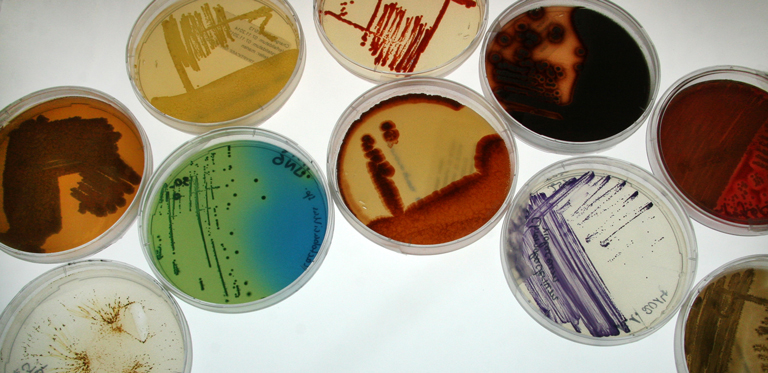Budapest – The International Microorganism Deposit System
Find out more
- Summary of the Budapest Treaty
- Contact information of each IDA and kind of microorganism accepted by each IDA
- Model Forms under the Budapest Treaty and Regulations, including the forms relating to the deposit of a microorganism and furnishing of samples of deposited microorganisms.

News
Accession by the Eastern Republic of Uruguay to the Budapest Treaty
November 4, 2024
Find an international depositary authority
Resources
Legal resources
The Budapest Guide
The Budapest Guide contains information on the procedures and requirements concerning the deposit of microorganisms provided for under the Budapest Treaty, including Model forms. It provides practical advice for both persons depositing microorganisms for patent purposes and for anyone wishing to obtain samples of such microorganisms. The Guide is regularly updated.
Statistics
- Download [XLSX]
Reference
The Budapest System provides a practical business solution when pursuing patents involving biological material in more than 80 countries through the recognition of one international recognized deposit with an international depositary authority (IDA).
Adopted in 1977, the Budapest Treaty concerns a specific topic in the international patent process: inventions involving microorganisms. All states party to the Treaty are obliged to recognize microorganisms deposited as a part of the patent disclosure procedure with an IDA , irrespective of where the depositary authority is located. In practice this means that the requirement to submit microorganisms to each and every national authority in which patent protection is sought no longer exists.
Find out more
- Summary of the Budapest Treaty
- Contact information of each IDA and kind of microorganism accepted by each IDA
- Model Forms under the Budapest Treaty and Regulations, including the forms relating to the deposit of a microorganism and furnishing of samples of deposited microorganisms.

Resources
Legal resources
The Budapest Guide
The Budapest Guide contains information on the procedures and requirements concerning the deposit of microorganisms provided for under the Budapest Treaty, including Model forms. It provides practical advice for both persons depositing microorganisms for patent purposes and for anyone wishing to obtain samples of such microorganisms. The Guide is regularly updated.